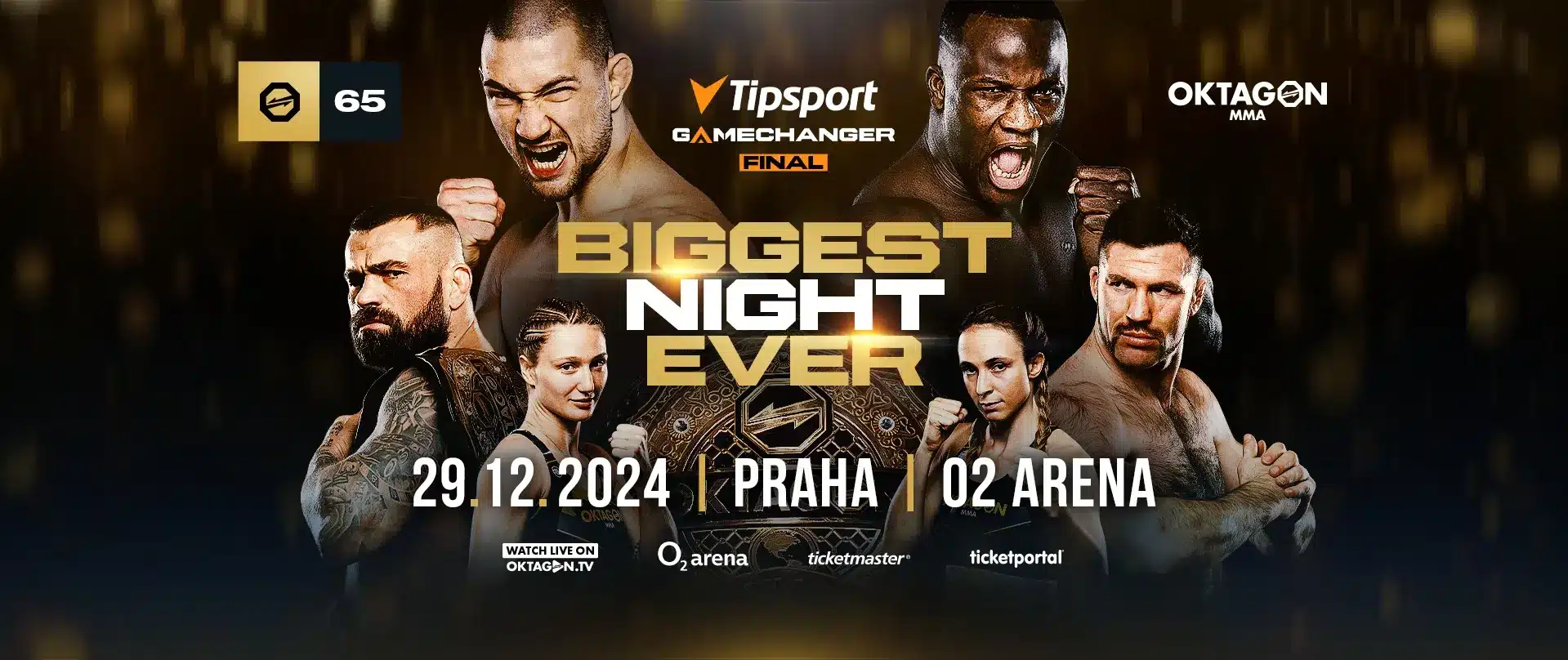Tech
Google brings ads to AI Overviews as it expands AI’s role in search | TechCrunch

Google will begin to show ads in AI Overviews, the AI-generated summaries it supplies for certain Google Search queries, and will add links to relevant web pages for some of those summaries as well. It’s also rolling out AI-organized search results pages in the U.S. this week.
The increasing prominence of AI in Google’s core search product is an effort to keep users from shifting to alternatives like OpenAI’s ChatGPT or Perplexity, which use AI to answer many of the questions traditionally thrown at Google. Perplexity said in May that its worldwide user base had grown to more than 85 million web visits — a drop in the bucket compared to Google, but impressive considering that Perplexity launched only two years ago.
Since its launch this spring, AI Overviews has been the subject of much controversy, going viral for its dubious statements and questionable advice (like adding glue to pizza). A recent report from SE Ranking, an SEO platform, found that AI Overviews cites websites that “aren’t entirely reliable or evidence-based,” including outdated studies and paid product listings.
The chief problem is that AI Overviews has a tough time discerning, occasionally, whether a source of information is fact or fiction, satire or serious. Over the past few months, Google has made changes to how AI Overviews works, including limiting answers related to current events and health topics. But the company doesn’t claim it’s perfect.
“We’ll invest in AI Overviews and make it even more helpful,” Rhiannon Bell, VP of user experience for Google Search, said in a press briefing. “We’re doing everything that we can to bring the right content to our users.”
Regardless, Google says AI Overviews has led to a boost in Google Search engagement, especially among people aged 18 to 24 — a key demographic for the company.
Now Google is taking steps to make money from the feature by adding ads.
Users in the U.S. on mobile will soon see ads in AI Overviews for “relevant queries,” like a search for how to get a grass stain out of jeans. The ads, which have a “Sponsored” label, will appear alongside other, nonsponsored content in the AI summaries and will be drawn from advertisers’ existing Google Shopping and Search campaigns.
AI Overviews ads have been available to a selection of users for some time, and Google claims internal data shows they’ve been received well.
“People have been finding the ads within AI Overviews helpful because they can quickly connect with relevant businesses, products and services to take the next step at the exact moment they need them,” Shashi Thakur, VP of Google Ads, wrote in a blog post shared with TechCrunch.
But the ads also clutter AI Overviews’ summaries. One format, a carousel of sponsored product results, is embedded directly in AI summaries, positioned in a way that pushes nonsponsored content below the fold.

The new design for AI Overviews arriving with the ads includes highlighted links to web pages that might be germane. For example, for the search “Do air filters protect your lungs?,” AI Overviews might show a link to a study on air filters from the American Lung Association.
The redesign was in testing for several months and is now rolling out in the regions where AI Overviews was already live, including India, Brazil, Japan, Mexico, the U.S., and the U.K.
Finally, a separate product, AI-organized Search results pages, debuts in the U.S. on mobile this week. Searches about recipes and meal inspiration — for example, “What are some good vegetarian appetizers or dinner ideas that wow?” — may pull up an AI-aggregated page of content from around the web, including forums, articles, and YouTube videos.
They won’t include AI Overviews’ ad formats, however.
“A customized Gemini [model] generates a full-page experience with results that are relevant and organized,” Bell explained, referring to Google’s Gemini family of AI models. “With these AI-organized results pages, we’re surfacing more diverse content formats from a more diverse content set.”
Google says it plans to expand these pages to other categories of searches in the coming months.
Publishers may be the collateral damage.
One study found that AI Overviews could negatively affect about 25% of publisher traffic due to the de-emphasis of web page links. On the revenue side, an expert cited by The New York Post estimated that AI-generated overviews could lead to more than $2 billion in publisher losses thanks to the resultant decline in ad views.
AI-generated search results from Google and rivals don’t appear to be cratering big publishers’ traffic yet. In their most recent earnings, Ziff Davis and Dotdash Meredith parent IAC characterized the impacts as negligible.
But that may change as Google, which commands over 81% of the global search market, expands AI Overviews and AI-organized pages to more users and queries. According to one estimate, AI Overviews were only showing for about 7% of searches in July as Google dialed back the feature to make adjustments.
Google says that it continues to take publishers’ concerns into account in workshopping its AI search experiences.







